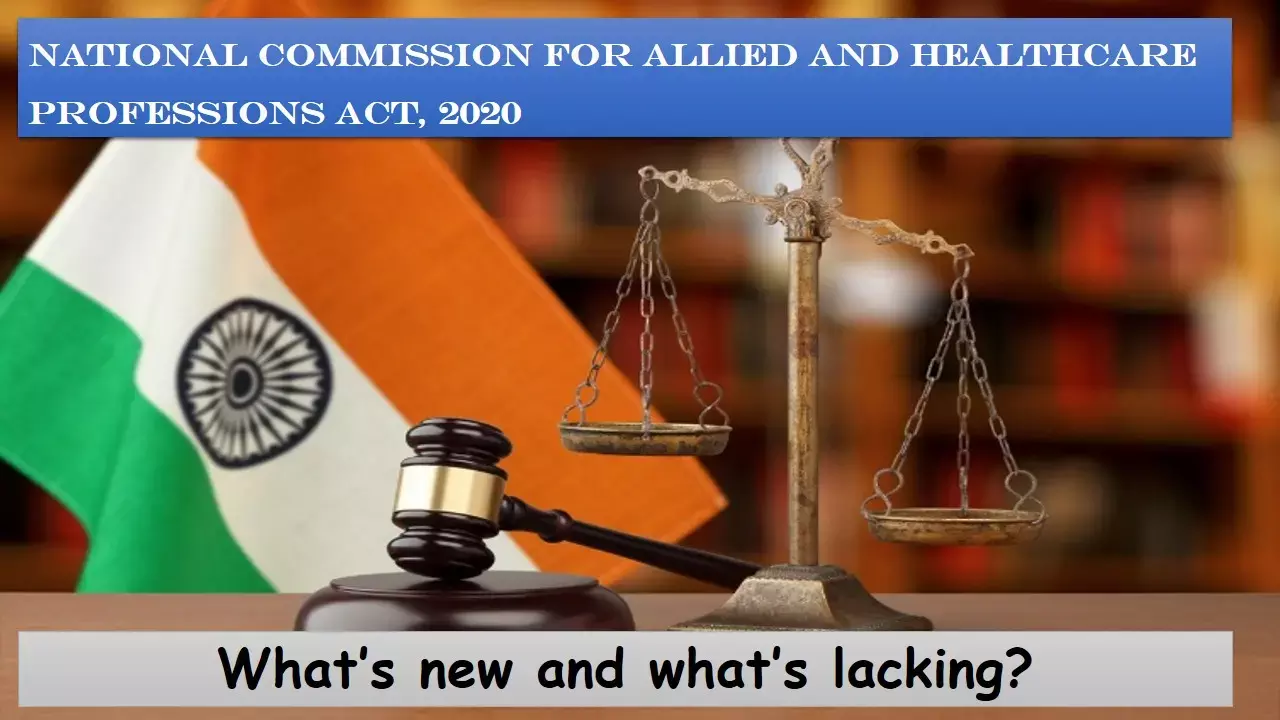- Home
- Medical news & Guidelines
- Anesthesiology
- Cardiology and CTVS
- Critical Care
- Dentistry
- Dermatology
- Diabetes and Endocrinology
- ENT
- Gastroenterology
- Medicine
- Nephrology
- Neurology
- Obstretics-Gynaecology
- Oncology
- Ophthalmology
- Orthopaedics
- Pediatrics-Neonatology
- Psychiatry
- Pulmonology
- Radiology
- Surgery
- Urology
- Laboratory Medicine
- Diet
- Nursing
- Paramedical
- Physiotherapy
- Health news
- Fact Check
- Bone Health Fact Check
- Brain Health Fact Check
- Cancer Related Fact Check
- Child Care Fact Check
- Dental and oral health fact check
- Diabetes and metabolic health fact check
- Diet and Nutrition Fact Check
- Eye and ENT Care Fact Check
- Fitness fact check
- Gut health fact check
- Heart health fact check
- Kidney health fact check
- Medical education fact check
- Men's health fact check
- Respiratory fact check
- Skin and hair care fact check
- Vaccine and Immunization fact check
- Women's health fact check
- AYUSH
- State News
- Andaman and Nicobar Islands
- Andhra Pradesh
- Arunachal Pradesh
- Assam
- Bihar
- Chandigarh
- Chattisgarh
- Dadra and Nagar Haveli
- Daman and Diu
- Delhi
- Goa
- Gujarat
- Haryana
- Himachal Pradesh
- Jammu & Kashmir
- Jharkhand
- Karnataka
- Kerala
- Ladakh
- Lakshadweep
- Madhya Pradesh
- Maharashtra
- Manipur
- Meghalaya
- Mizoram
- Nagaland
- Odisha
- Puducherry
- Punjab
- Rajasthan
- Sikkim
- Tamil Nadu
- Telangana
- Tripura
- Uttar Pradesh
- Uttrakhand
- West Bengal
- Medical Education
- Industry
Benefits and drawbacks of The National Commission for Allied and Healthcare Professions Act, 2020.

The National Commission for Allied and Healthcare Professions Act, 2020 has been notified in March, 2021, by the Gazette of India published by the Ministry of Law and Justice. an editorial in the latest edition of Indian Journal of Psychiatry deciphers the key changes in the act with relevance to clinical implications for psychiatrists.
This act has created a category of Health Care Professionals which is defined as:
(a) Healthcare professional includes a scientist, therapist, or other professional who studies, advises, researches, supervises or provides preventive, curative, rehabilitative, therapeutic or promotional health services and who has obtained any qualification of degree under this Act, the duration of which shall not be <3600 h spread over a period of 3 years to 6 years divided into specific semesters.
(b) Allied health professional includes an associate, technician, or technologist who is trained to perform any technical and practical task to support diagnosis and treatment of illness, disease, injury or impairment, and to support implementation of any healthcare treatment and referral plan recommended by a medical, nursing, or any other healthcare professional, and who has obtained any qualification of diploma or degree under this Act, the duration of which shall not be less than 2000 h spread over a period of 2 years to 4 years divided into specific semester.
The term "Health Care Professionals" does not include doctors who are registered under National Medical Council, Mental Health Care Act (MHCA), 2017 which includes psychiatrists under the ambit of Mental Health Care Professionals.
(c) Behavioural Health Sciences Professional has been included and defined as "a person who undertakes a scientific study of the emotions, behaviours and biology relating to a person's mental well-being, their ability to function in everyday life and their concept of self. "Behavioural health" is the preferred term to "mental health" and includes professionals such as counselors, analysts, psychologists, educators and support workers, who provide counseling, therapy, and mediation services to individuals, families, groups, and communities in response to social and personal difficulties.
Benefits and shortcomings of the new Act?
This step to an extent creates a diverse category of trained workforce in the field of Mental Health (Behavioural Health Science Professionals) and tries to regulate their training although it mainly aims to promote mental wellbeing. However, there is a huge lacuna in the term of "Mental Illness" as defined by MHCA, 2017. It is noticeable that while the term "Health Care Professionals" does not include doctors who are registered under National Medical Council, Mental Health Care Act (MHCA), 2017 includes psychiatrists under the ambit of Mental Health Care Professionals
• Only severe disorders are included as per definition and there is no clarity regarding inclusion of other psychiatric disorders, namely "common mental disorders" such as anxiety and depression. This perpetuates the stigma and alienation associated with psychiatric patients for centuries.
• There is a strong possibility that the care of common mental disorders may gradually pass on under the care of "behavioural health processionals" as per new act.
Suggested improvements include - Psychiatrists, being another group of medical specialists, should be kept out of the broad umbrella of "Mental Healthcare Professionals."
All disorders classified in ICD 10 and DSM 5 should be classified as "Psychiatric Disorders" or "Mental Illness." This will not only help in fighting the stigma associated with psychiatric illnesses but also promote the integration of psychiatry with other specialties.
Source: Singh OP. The National Commission for Allied and Healthcare Professions Act, 2020 and its implication for mental health. Indian J Psychiatry 2021;63:119-20. 10.4103/indianjpsychiatry.indianjpsychiatry_268_21
M.B.B.S, M.D. Psychiatry
M.B.B.S, M.D. Psychiatry (Teerthanker Mahavir University, U.P.) Currently working as Senior Resident in Department of Psychiatry, Institute of Human Behaviour and Allied Sciences (IHBAS) Dilshad Garden, New Delhi. Actively involved in various research activities of the department.
Dr Kamal Kant Kohli-MBBS, DTCD- a chest specialist with more than 30 years of practice and a flair for writing clinical articles, Dr Kamal Kant Kohli joined Medical Dialogues as a Chief Editor of Medical News. Besides writing articles, as an editor, he proofreads and verifies all the medical content published on Medical Dialogues including those coming from journals, studies,medical conferences,guidelines etc. Email: drkohli@medicaldialogues.in. Contact no. 011-43720751


